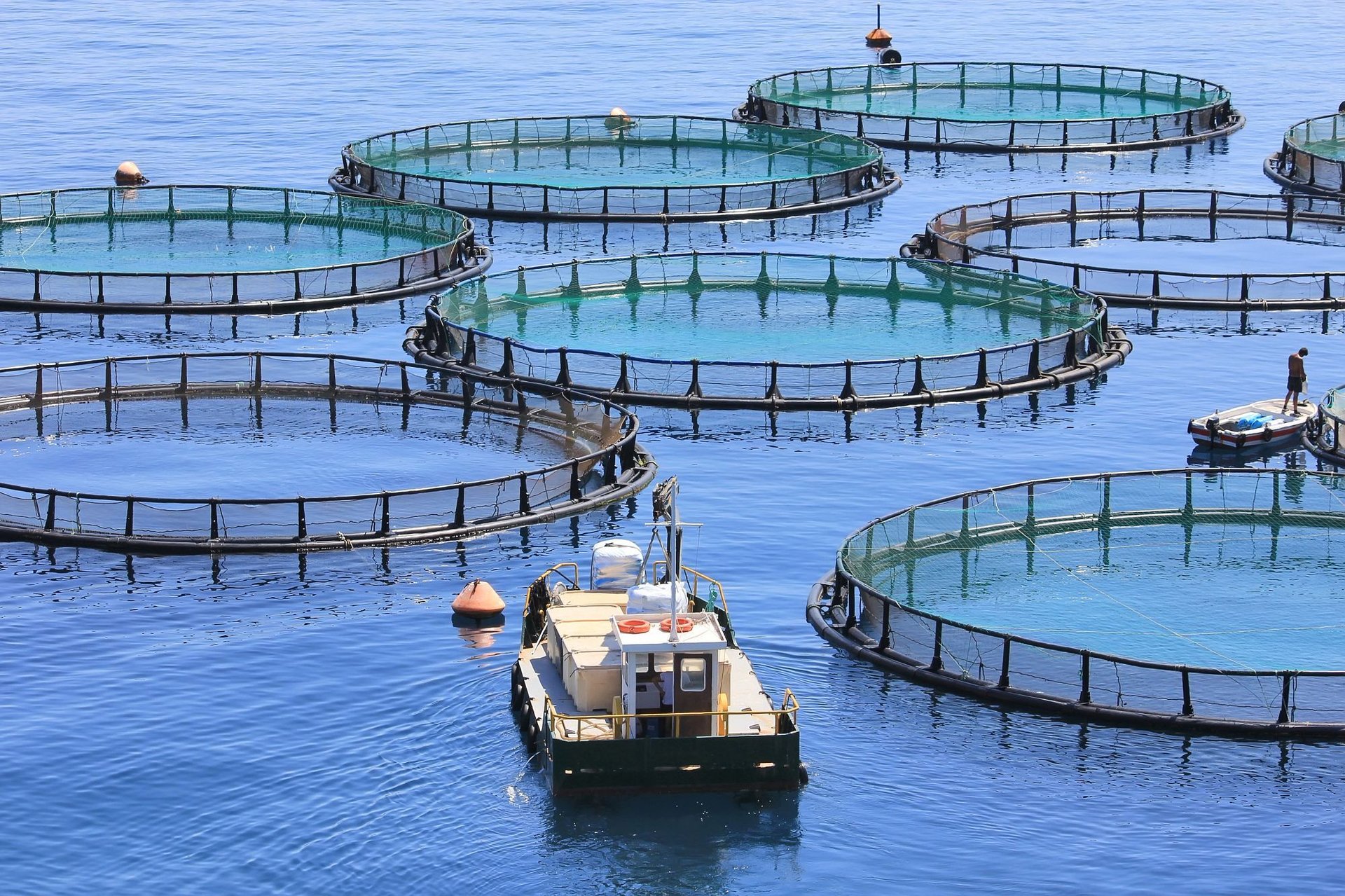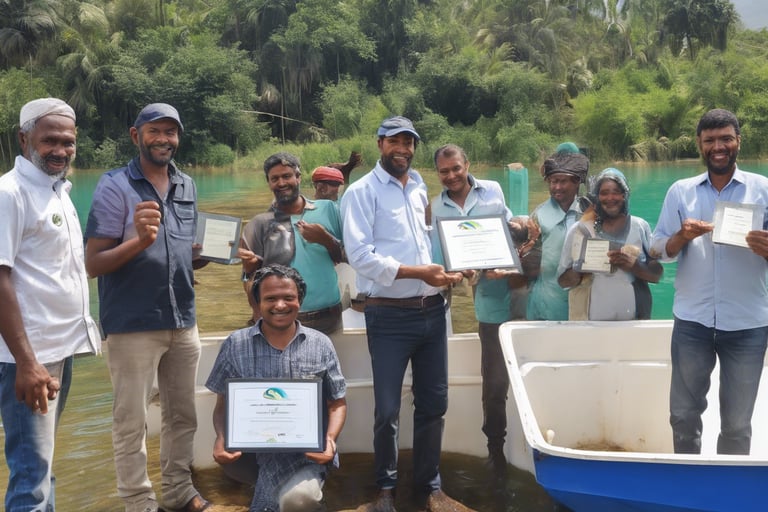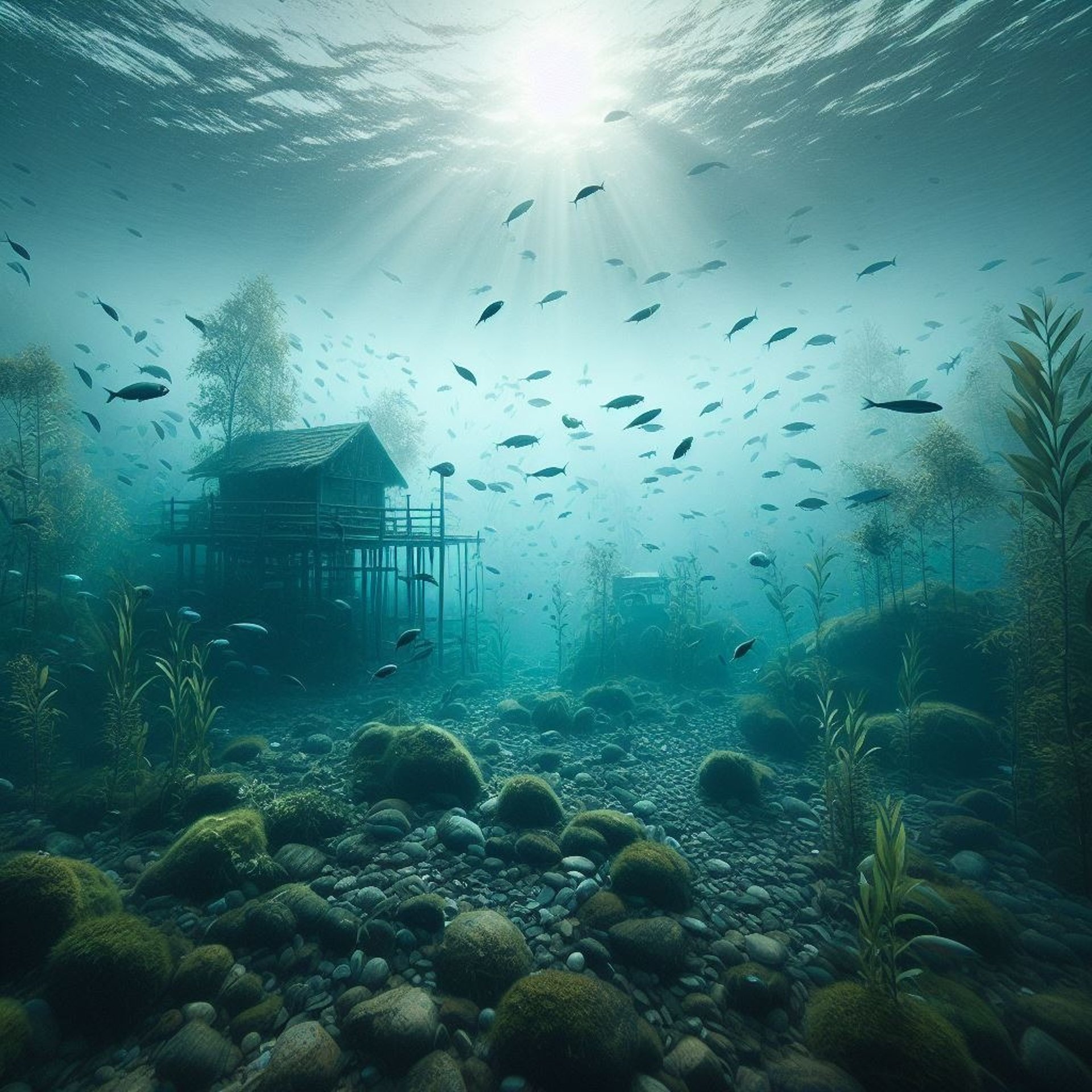
Aquaculture Training
Discover essential training resources and companies dedicated to advancing the aquaculture industry.
Educational courses in aquaculture and fish farming are designed to provide comprehensive knowledge and practical skills for managing fish farms and aquaculture operations. These courses cover a range of topics, from basic principles to advanced techniques, and are suitable for beginners and those seeking to enhance their expertise.
Enhanced Production Systems: Training equips individuals with knowledge about different production systems, such as pond systems, recirculating systems, and cage systems. This knowledge helps in selecting the most suitable system based on environmental conditions and resource availability.
Species Selection: Understanding various species suitable for farming, such as tilapia, carp, and catfish, enables farmers to choose species that are both productive and adaptable to local conditions. This leads to higher yields and better economic returns.
Feeding and Nutrition: Training in fish nutrition helps in developing effective feeding strategies that optimize growth and health of the fish. This includes understanding the role of feed conversion ratios and the importance of balanced diets.
Harvesting Techniques: Proper harvesting techniques are crucial for minimizing stress during the harvest process. Training in these techniques ensures that the fish are handled in a way that maximizes their quality and market value.
Environmental Sustainability: Fish farming can be conducted in an environmentally sustainable manner. Training in sustainable practices, such as integrated multi-trophic aquaculture (IMTA), helps in reducing waste and improving resource use efficiency. Training in sustainable practices ensures that fish farms operate in a way that minimizes the risk of disease outbreaks and environmental contamination. This includes proper management of waste and the use of clean water sources.
Economic Benefits: Fish farming can provide economic benefits through job creation and increased food security. Training helps in setting up and managing fish farms that can contribute to local economies and food supplies.
Innovation and Technology: Training in the latest technologies and innovations in fish farming, such as the use of algae for omega-3 production and the development of genetically modified canola oil, helps in improving the nutritional value and sustainability of aquaculture products.



Although FishFarmSolutions.com does not endorse third-party services, all links are reviewed for relevance and operational status. Verified listings meet our basic criteria for transparency and contactability.
